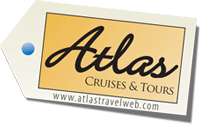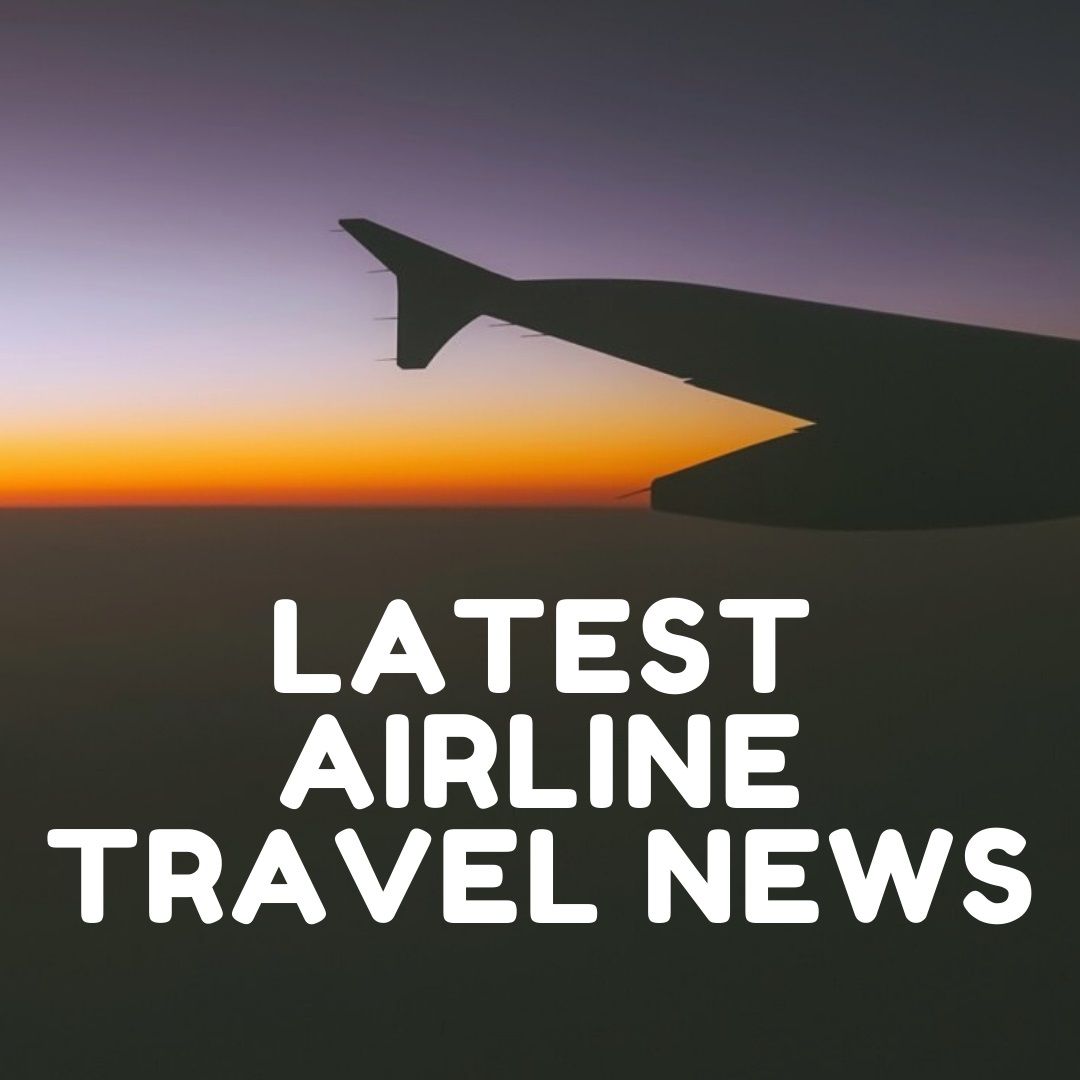No more change fees, hand sanitizers and other airline news.
Change your mind about when to travel? Effectively immediately, United Airlines announced that change fees will no longer apply to all standard economy and premium-cabin tickets for travel within the United States, Puerto Rico and the U.S. Virgin Islands. This change is permanent and will continue even after the pandemic according to United. Southwest, Alaska Airlines, Delta & American all made similar announcements that waive most change fees & will allow flyers to make changes.
United standby tickets will also be at no charge. Customers will also be able to add themselves to the standby list through United’s mobile app, on united.com, or at the airport no later than 30 minutes prior to departure for domestic and one hour for international flights.
Travelers who change their ticket to another date will pay any applicable fare difference. Those who cancel their trips, will not receive a refund unless they have purchased a refundable ticket. They will receive a travel voucher for the value of the ticket. With United, for International flights and those that booked basic economy, change fees will be waived through December 31, 2020. Of course, it is possible that this date will be extended.
Delta Airlines will begin installing hand sanitizer stations onboard their planes for new ways to combat the spread of coronavirus. Passengers will find easily accessible stations with Purell hand sanitizer near the plane’s boarding door and outside the bathroom door, as the door handles are a high-touch area.
Passengers will also notice extra precautions during flights. Flight attendants are wiping down and disinfecting the onboard lavatories frequently used during each flight. Select Delta aircraft have touchless features in the bathroom, including faucets, flush levers, and garbage can lids.
The airline has also announced they would continue blocking the middle seat onboard every flight until January 6, 2021.
TSA is installing full height plastic COVID-19 barriers in 37 airports nationwide. The barriers are more substantial than the countertop shields put at security checkpoints. They also supplement the use of gloves, face masks, and disinfecting solutions.
Here’s what to expect at the airport:
TSA officers are required to change their gloves after every passenger pat-down or carry-on baggage inspection. The agency also requires officers to wear face shields or protective eyewear when working in close contact with passengers in areas where no plastic barrier is installed.
Major airports in New York, Chicago, California, Texas, Florida, North Carolina, Phoenix, Las Vegas, Seattle, Atlanta, Philadelphia and Boston are among those that will receive the barriers.
American Airlines has approval from the Environmental Protection Agency for a new anti-microbial that is effective up to seven days called SurfaceWise2. It will kill bacteria for up to a week after application. American will be using it on planes to keep its travelers safe and to boost consumer confidence with electrostatic spraying. The spray will not replace regular cleaning. It will be in addition to what the airline has already been doing, which includes a hand-cleaning of seat buckles, seats, tray tables, and other surfaces.








